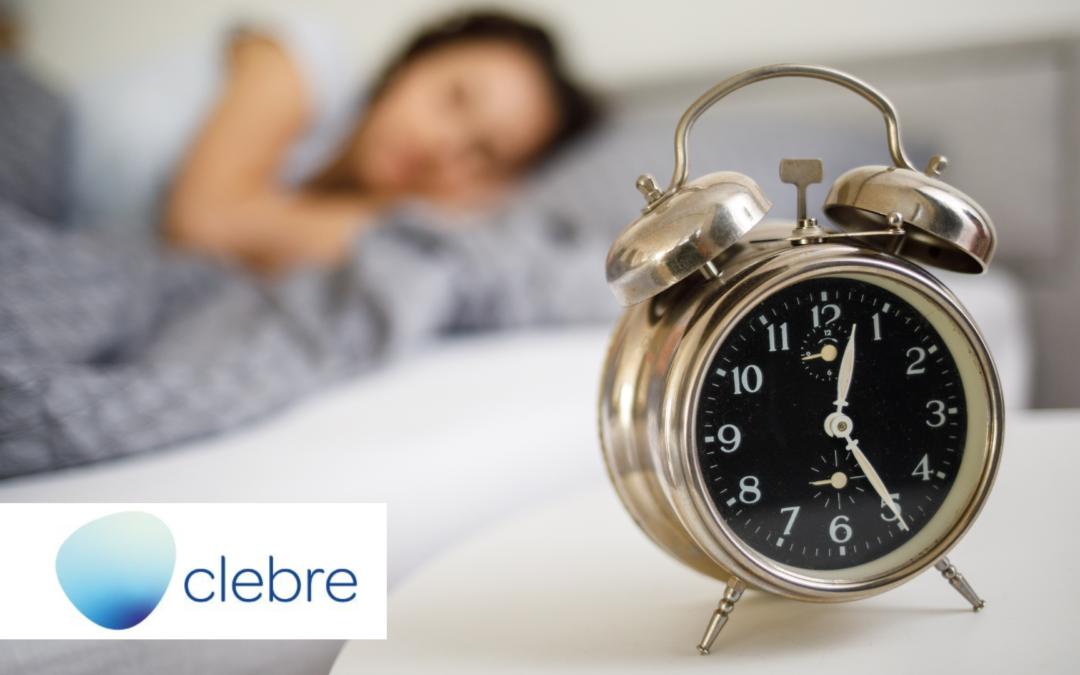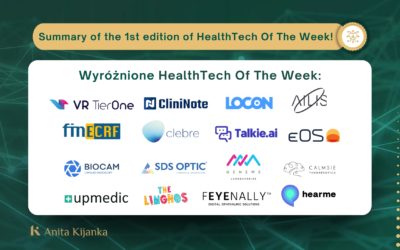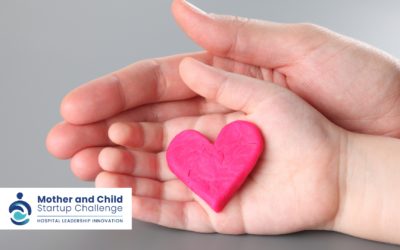Everyone knows that sleep is necessary for our health. Unfortunately, we often forget that the quality of our regeneration is affected not only by the number of hours slept but also by whether we breathe properly during sleep. Clebre is a Polish medical startup creating sensors for home sleep quality measurement connected to an application that enables convenient therapy for sleep apnea and breathing disorders during sleep. Dr. Wojciech Kukwa, co-founder and acting CEO of Clebre, shares details about the project. Read this article and get to know how to take care of the quality of your sleep!
Where did the idea for Clebre come from?
Several years ago, as part of the Healthy Sleep Foundation, we conducted almost 6,000 surveys among parents of children in the early grades of primary school. The research focused on very common problems in children—mouth breathing, snoring, restless sleep, recurrent upper respiratory tract infections. It was a fascinating study, especially because we were able to refer many children for further diagnostics and treatment in otolaryngology departments. This motivated me to search for a solution that would allow for simple and inexpensive measurements of breathing quality at home, initially in children and later in adults. A system that would enable home diagnostics and therapy for this problem.
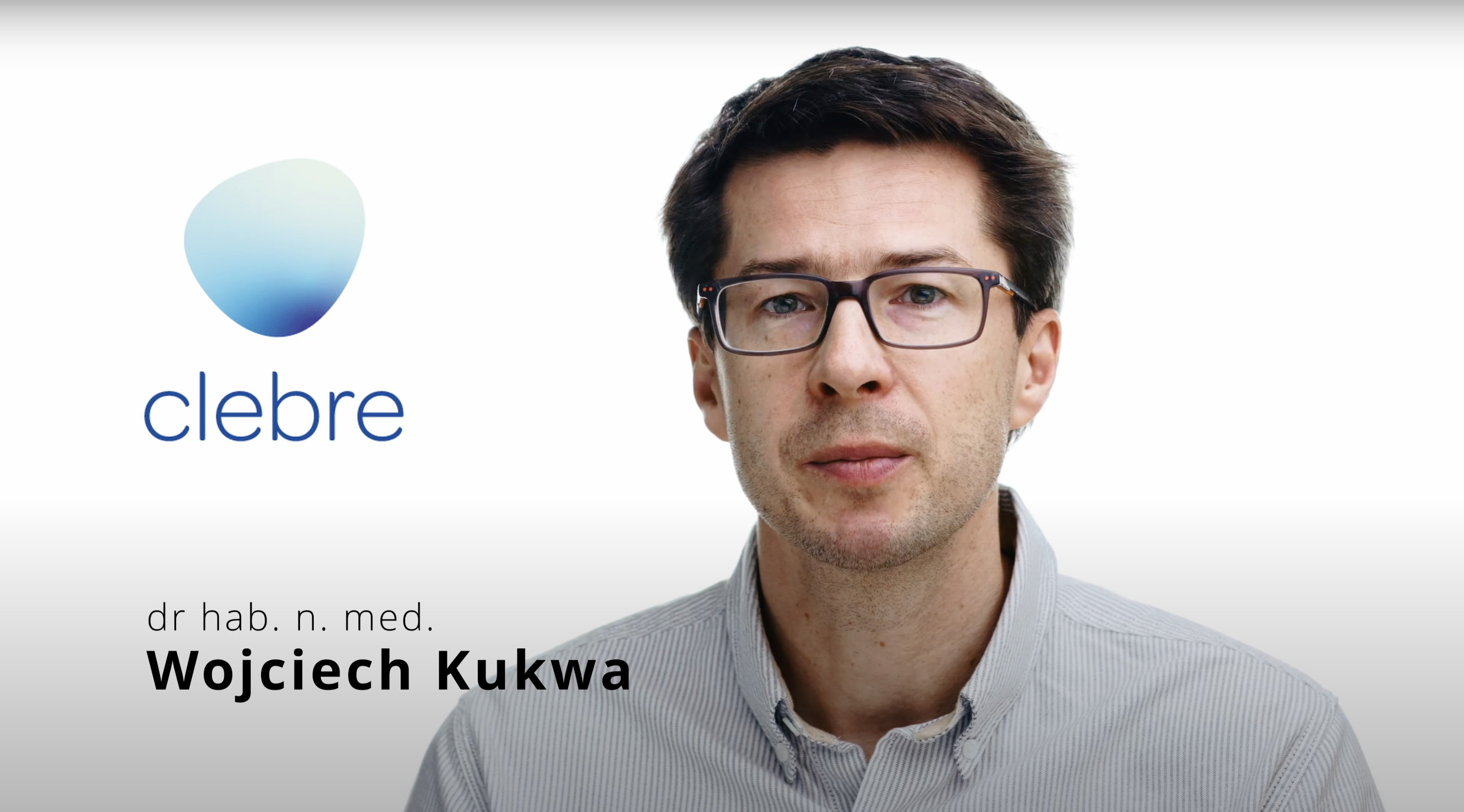
What was supposed to set this new solution apart?
Our screening study was entirely based on surveys filled out by parents. This means that they had to be aware of the problem and monitor their child’s sleep. Such observation can never be precise. Along with Maciej Migacz and Marcel Młyńczak, we concluded that the optimal solution would be continuous breath recording using a sensor and further, increasingly automated analysis of this signal. We built the first, very simple prototype and confirmed the functionality of this proof of concept.
What stage is the work with the device currently at?
In the coming months, we plan to produce the first series of sensors available for use. We aim to monitor sleep and breathing in both adults and children. We have a wide range of interested laryngologists who want to monitor breathing disorders in their patients using this method and assess progress in treatment.
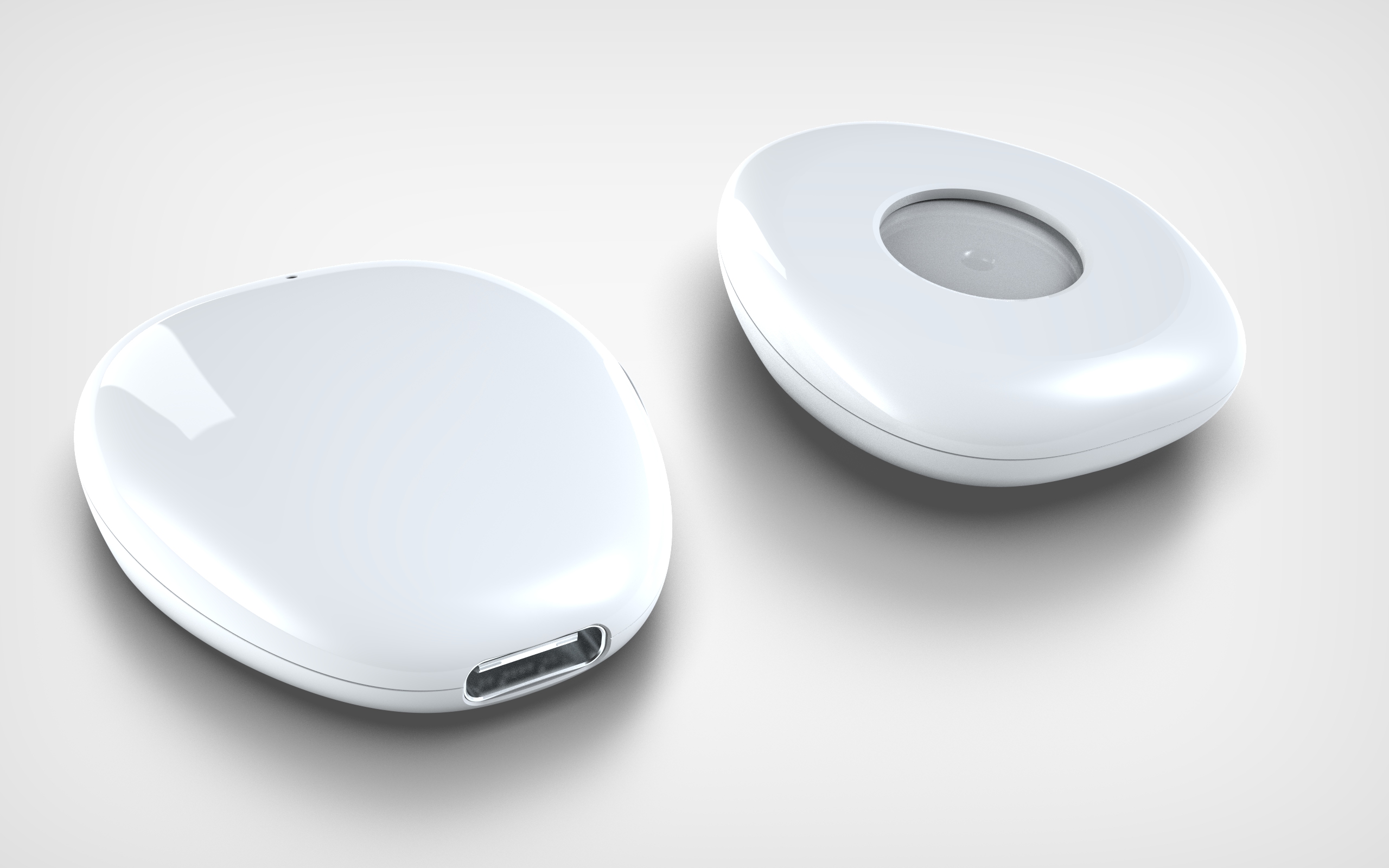
What is the awareness of the need for diagnosing breathing disorders during sleep in Poland?
A good question! Currently, this awareness is not widespread, among potential patients as well as among doctors. However, the topic of sleep quality and breathing is becoming increasingly popular due to interest in mindfulness, a healthy lifestyle, and longevity. It’s worth mentioning that untreated apnea can shorten the life of the affected person by as much as 12-14 years!
How do you raise awareness about breathing issues?
We try to educate about breathing problems among children and women—these social groups are often overlooked in diagnostics. Along with Dr. Wojciech Falęcki, a gynecologist, we posted about the importance of breathing during pregnancy. The response from pregnant women was tremendous. Also, the issue of breathing disorders in children is widespread, and incorporating the Clebre sensor into monitoring children’s breathing will help address these problems.
What is the awareness of this issue globally?
In the EU, the US, or Australia, there is greater awareness of the problem. Diagnosis affects millions of people. However, it’s still a 'one-night diagnosis’ where the patient spends a night in the hospital connected to a complicated device. Both women and men, adults and children, are examined in the same way. Regarding sleep breathing disorders, we are where we were with hypertension treatment over 30 years ago. At that time, no patient had a blood pressure monitor at home and couldn’t control their blood pressure daily. Similarly, apnea, like hypertension, is a chronic disease that requires patient monitoring.
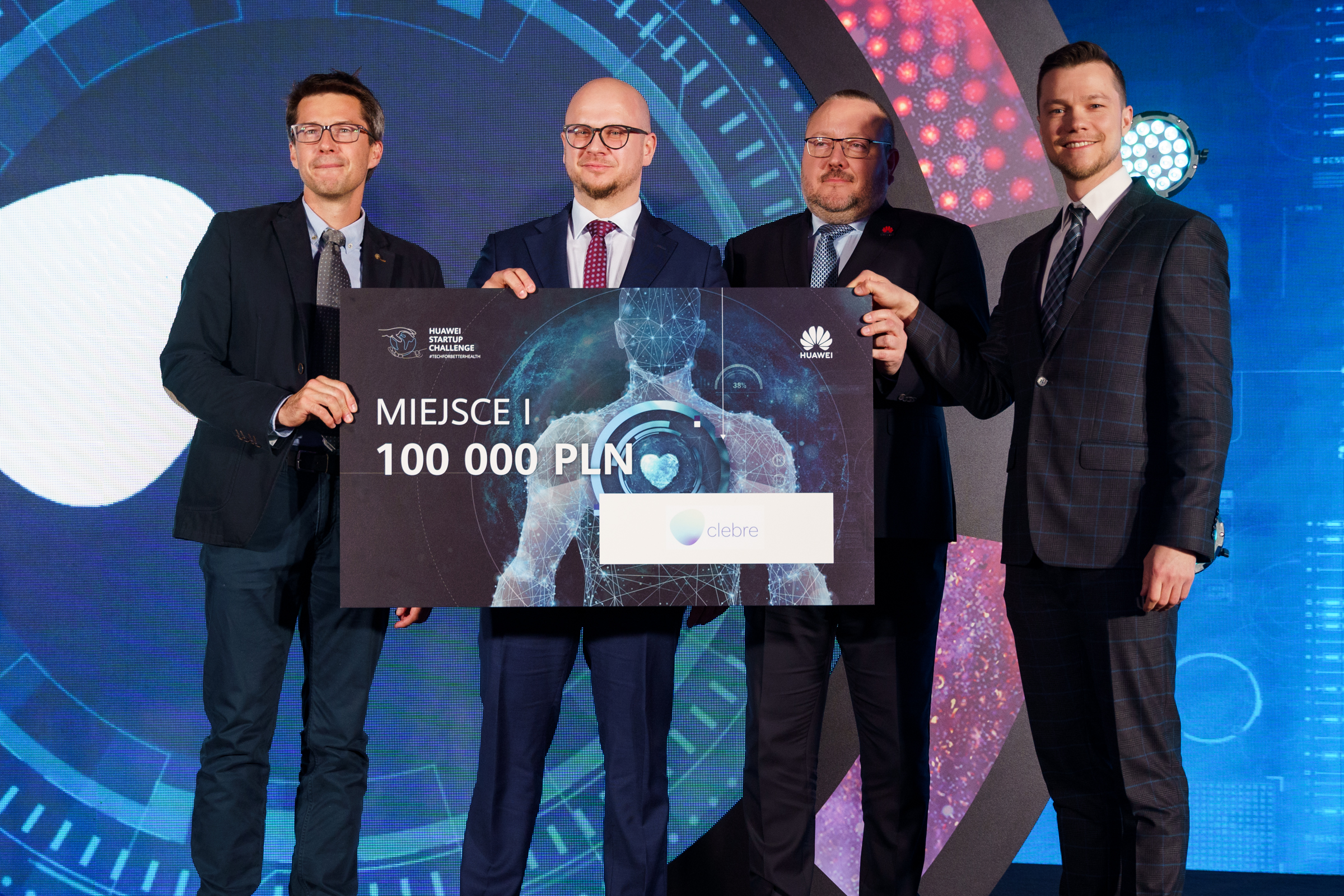
What is Clebre’s biggest advantage?
We are preparing a service that will eventually be so automated that it will guide the patient through the treatment process. There are many different devices that measure breathing and sleep quality. However, most of them are complex, expensive devices that will never reach patients’ homes. We are working on a solution where the application along with the sensor will allow the patient to navigate through the entire therapy process, not just measure. Of course, with medical support, but at a scale small enough to be 'scalable.’ If we want sleep medicine to be personalized, we have no choice. We need to automate this process to some extent. There are about 3.5 million people in Poland who should be diagnosed and treated for apnea. There aren’t and won’t be enough doctors to handle these patients properly. So, we are preparing a process supported by sensors and algorithms. We leave specific therapeutic steps to the doctors, such as performing a procedure or selecting a CPAP machine or an intraoral device.
Clebre is currently in the stage of preparing a series of sensors in the final production technology. The startup will develop both a medical certification line and a lifestyle line for monitoring sleep quality in individuals who do not require conventional sleep apnea treatment. An important part of the project is collecting data that will enable gradual automation of the treatment process for patients with sleep breathing disorders.
How Do Polish Health Tech Companies Communicate? Summary of the Health Tech of the Week Series
After 8 months of conversations and interviews with representatives of Health Tech companies in Poland, and during a break before the second edition...
Health Tech of the Week: Mother and Child Startup Challenge – A Challenge for Innovators
In today's post from the "Health Tech of the Week" series, I present the third edition of the "Mother and Child Startup Challenge" competition,...
Health Tech of the Week: Health Venture Lab – a way to accelerate growth for medical projects
Since November 2023, I have been introducing startups in the Health Tech of The Week series, which have the potential or are already revolutionizing...

